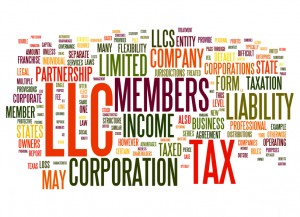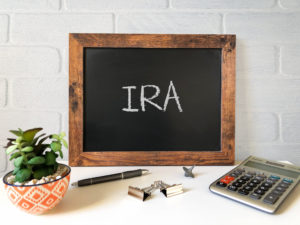 Most of us, to some extent, live in a very digital world. We communicate by email or text. We socialize online, seek our entertainment online, manage our assets and finances online, store our photos, music, and other digital property. . .online. From our health care, to our home security, we are ever increasingly being pulled into the matrix.
Most of us, to some extent, live in a very digital world. We communicate by email or text. We socialize online, seek our entertainment online, manage our assets and finances online, store our photos, music, and other digital property. . .online. From our health care, to our home security, we are ever increasingly being pulled into the matrix.
But what happens to all of our digital property if we become incapacitated, or when we die? Most people don’t plan for these events. That lack of planning can cause unexpected consequences for the loved ones who are left dealing with our affairs. Continue reading


 With all of the business
With all of the business 
 Today Wisconsin Governor Tony Evers signed Emergency Order #12, the “Safer at Home” Order, to help combat the Coronavirus. The order outlines the travel that is permissible within our state, the travel and activities that are prohibited, and the essential activities and functions that will be allowed. It also addresses the precautions that we should all be following. The full text of the order can be found at
Today Wisconsin Governor Tony Evers signed Emergency Order #12, the “Safer at Home” Order, to help combat the Coronavirus. The order outlines the travel that is permissible within our state, the travel and activities that are prohibited, and the essential activities and functions that will be allowed. It also addresses the precautions that we should all be following. The full text of the order can be found at  On December 20, 2019, President Trump signed into law the “Setting Every Community Up for Retirement Enhancement Act” (the SECURE Act). This new law changes how IRAs and certain other retirement benefits must be treated after death. These changes are significant, and they may affect your existing estate plan.
On December 20, 2019, President Trump signed into law the “Setting Every Community Up for Retirement Enhancement Act” (the SECURE Act). This new law changes how IRAs and certain other retirement benefits must be treated after death. These changes are significant, and they may affect your existing estate plan. At Kosa Law Office we frequently work with clients who wish to make loans to their children or other family members, often at a reduced interest rate. These loans sometimes involve a verbal arrangement, other times a land contract or a simple promissory note. But when making such loans, most clients are unaware of something called the Applicable Federal Rate (AFR).
At Kosa Law Office we frequently work with clients who wish to make loans to their children or other family members, often at a reduced interest rate. These loans sometimes involve a verbal arrangement, other times a land contract or a simple promissory note. But when making such loans, most clients are unaware of something called the Applicable Federal Rate (AFR).
 Land Contract
Land Contract An Individual Retirement Account (“IRA”) is a type of investment account that allows an individual to save money for retirement, with the earnings on the account potentially being tax deferred until they are later withdrawn at retirement. (Withdrawals from a Roth IRA can actually be tax free provided certain conditions are met).
An Individual Retirement Account (“IRA”) is a type of investment account that allows an individual to save money for retirement, with the earnings on the account potentially being tax deferred until they are later withdrawn at retirement. (Withdrawals from a Roth IRA can actually be tax free provided certain conditions are met).